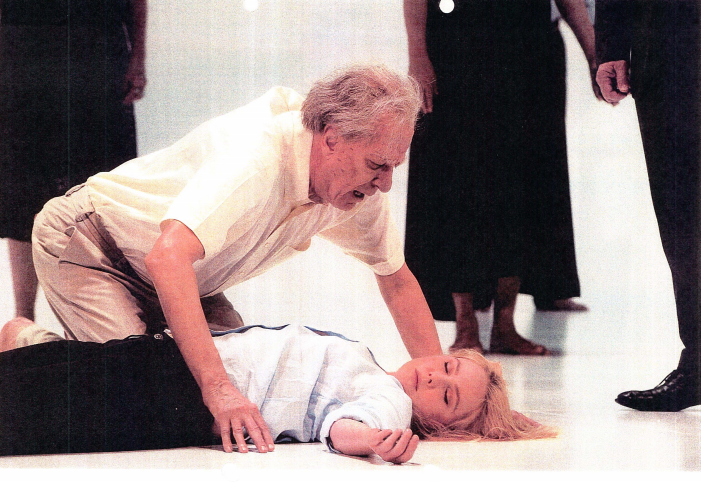Telegraph branded ‘recklessly irresponsible’ as judge awards aggravated damages to Geoffrey Rush
Nationwide News, the publisher of the Daily Telegraph, has been ordered to pay aggravated damages to Geoffrey Rush as a judge branded stories alleging “inappropriate behaviour” by the actor as “recklessly irresponsible journalism of the very worst kind”.

Justice Michael Wigney said the publisher had not proved that Rush had behaved inappropriately towards Eryn Jean Norvill, who performed alongside Rush in a Sydney Theatre Company production of King Lear.
Nationwide News was ordered to pay $850,000 in aggravated damages, more than double the $389,500 cap for “general” damages.


“certain to frustrate the #MeToo movement” If any “movement” is used as a vehicle for unfounded and vexatious attacks, it *should* be frustrated. All allegations of any type *must* be supported by evidence, not just some flimsy sensationalist hearsay tripe concocted by some (so called) “journalists”. I was sad at the eventual Rebel Wilson outcome (where she lost the payment on appeal). It is the “Fleet Street Tabloid” tradition at its’ worst. It is well time that some of those sensationalist defamers/liairs went to jail. Nowadays a male cannot go within 10 feet of a child without being suspected of pedophilia. Said male(s) must also keep a 10 foot distance from all females lest he be denounced as a rapist: convicted on the spot with no fair trial. It is precisely those fine “journalists” who have whipped up this rampant hysteria that we now find ourselves in. Just for the record: not all men are rapists or pedophiles. Just as not all women are saints: Elizabeth Holmes, Belle Gibson et al. Only when people put all these (black & white) “movements” to one side and have a rational conversation can sanity finally prevail. Sensationalism is profitable. I won’t hold my breath!
Now when does the media stop defaming him. Have seen several articles about how the person complaining is a victim and she is. But so is he. However, the news media will not let it go and keeps holding him up as a predator. And it is from the same papers that defamed him in the first place. The news media continues its rush to the bottom with fact less opinions out to destroy. The original idea of the metoo movement was excellent to change behavior, but the media now has made it into a revenge movement. As was said at trial no one wins and these types of events are not for open court. But the irresponsible media lacking ethics can’t seem to grasp that.